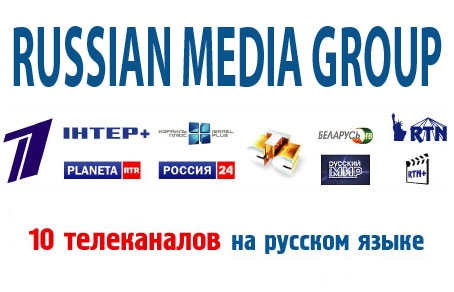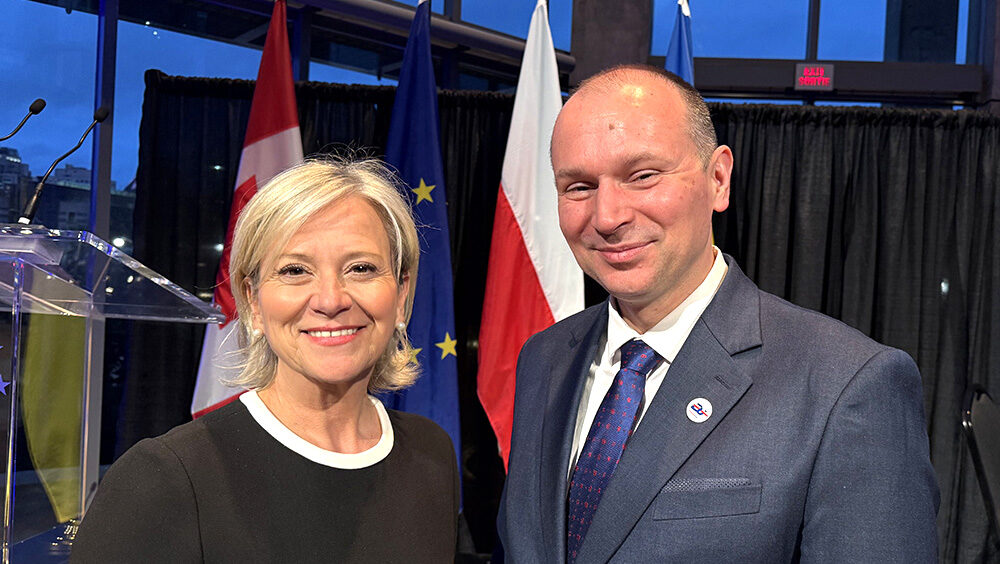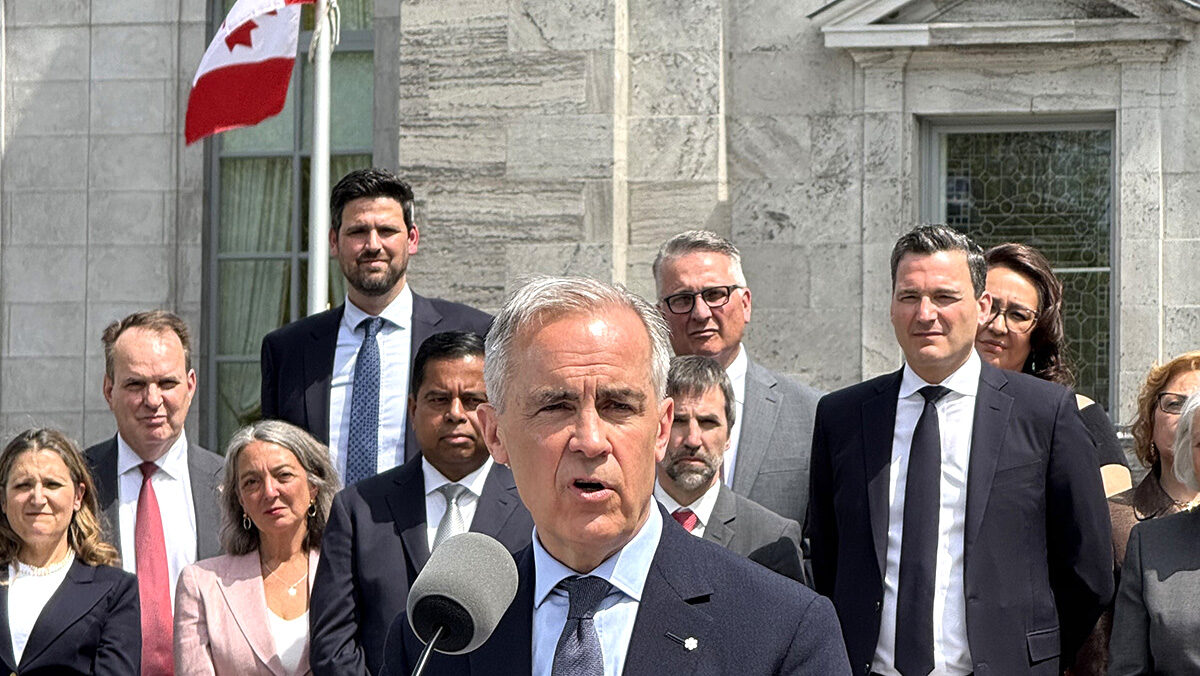Those Estonian residents who access other media know that the crime was perpetrated by Russian controlled forces, perhaps even Russian armed forces personnel.
The downing of the civilian airplane has forced Putin into a corner. Some suggest that this may result in a bizarre response. Putin's popularity rating has reached 90%. Putin therefore cannot abandon or let his Moscow surrogates in the Donetski area take the blame. His own people, whom he himself has whipped into a propaganda fed, conspiracy theory laden war frenzy will be puzzled by any weakness he may show.
The 25.7% Russian speakers in Estonia get Putin's version of events through Elion DigTV, Pervõi Baltiiski, REN TV, RTR Planeta, Orsent, TVN, MUZ TV, Pervõi Baltiiski Muzõkalnõi, Pervõi Baltiiksi Kanal etc. That's only a sample from a huge list of choices all broadcast from Russia.
Observers have suggested that it's ironical, that Russian-generated conspiracy theories are the ones that have created a dilemma for Putin. He cannot back down from a situation which his own propagandists have provided both for domestic and foreign consumption. His own peoiple will ask, “Why compromise when you have told us that the culprits are the Ukrainians/Americans?'
One could reasonably ask why not restrict Russian TV channels feeding their version of events, often twisted, distorted or fabricated to an Estonian-based audience. Cutting some TV sources from a well-established list of choices, is a complicated procedure within the European Union. Limiting access to foreign TV channels requires proof that the programing promotes violence, hatred and attempts to destabilize the respective country's society.
Restricting TV programming in Estonia is regulated by legislation pertaining to radio and TV services. It is generally accepted that that there will be no interference with broadcasting accessed from other countries in Europe. However it is also understood that in crisis or extraordinary situations this generally accepted rule may have to be adjusted according to standing legislation.
In curtailing access to programming and broadcasts from other countries one takes into account whether the origins are European-based or from a third country. Taking action with respect to channels from Europe is a far more complicated undertaking than one that involves third country broadcasting signals. In the first instance one must inform the country from where the broadcasts originate and the European Commission. In the case of non-European origins such requirements aren't necessary.
Specifically legislation covering media services details certain restrictions regarding content: broadcasts promoting hatred based on gender, race or ethnic background, personal convictions or religious criteria is forbidden; belittling lawful or urging unlawful behaviour is not allowed. Restrictions also cover a wide range of criteria aimed at youth. Broadcasts transgressing these regulations can be summarily blocked without consultation with the country of source or the European Commission.
In considering whether it would be appropriate currently to restrict socially harmful Russian broadcasting, one must be reminded that Estonia holds pride in the fact that it consistently scores high in different “indices of freedom” internationally. Amongst other aspects the indices measure the level of government interference in press, internet, and human freedom, the absence of barriers or coercion that prevent individuals from acting as they might wish.
The human freedom measurements are sponsored by Germany's Liberales Institut, the US Cato Institute and Canada's Fraser Institute. Clearly, restricting access to public broadcasts and other sources of information, whether foreign or domestic, would be seen as an erosion in basic freedoms. (The US Freedom House placed Estonia first in the world in the scores pertaining to internet freedom. The rankings are based on three main aspects of internet use and access: obstacles to access, limits on content and violation of users' rights.)
For its 2011/2012 report Reporters Without Borders placed Estonia 3rd on press freedom around the world, just behind Finland and Norway. By comparison the UK was 28th, the US was 47th and Russia was 142nd. These scores seve the public as a reminder that media independence can only be maintained in a strong democracy and the democracy needs media freedom. (To be continued.)
Laas Leivat




